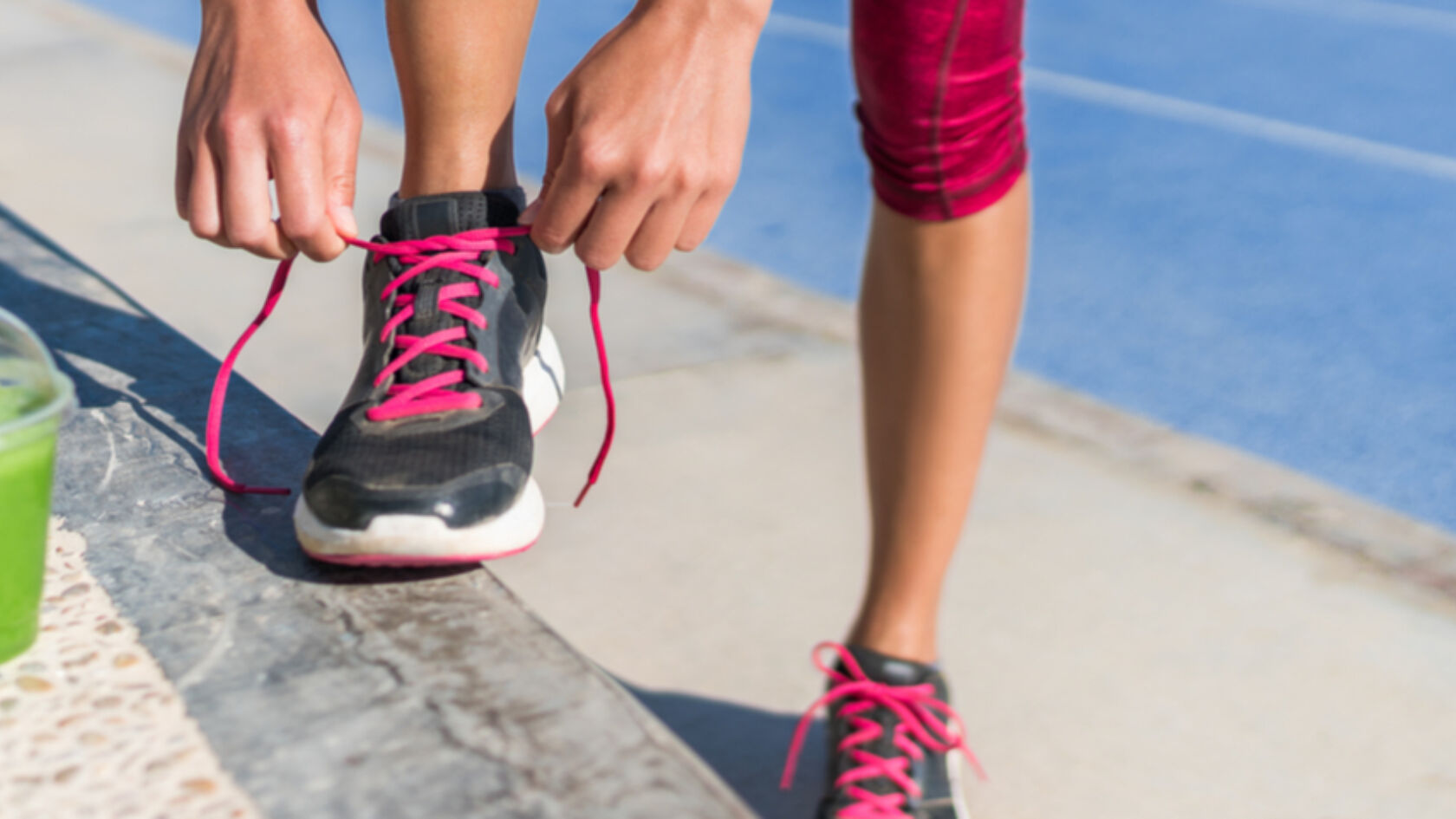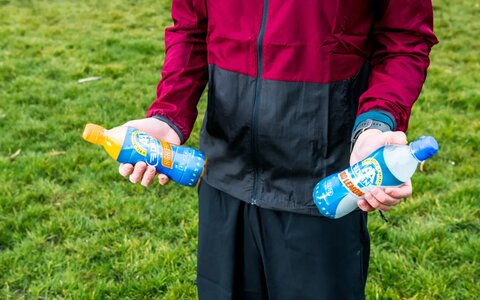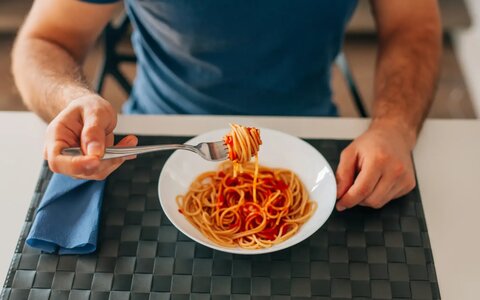What do you eat before training?

A sloshing stomach, stabbing pains in the side and the feeling that there is a brick in your stomach. These are complaints that you don’t want just when you are enjoying your run. You may be experiencing these symptoms because the composition of your pre-workout meal is not optimal. In this article, I will give you some tips for light meals that you can enjoy running on.

















